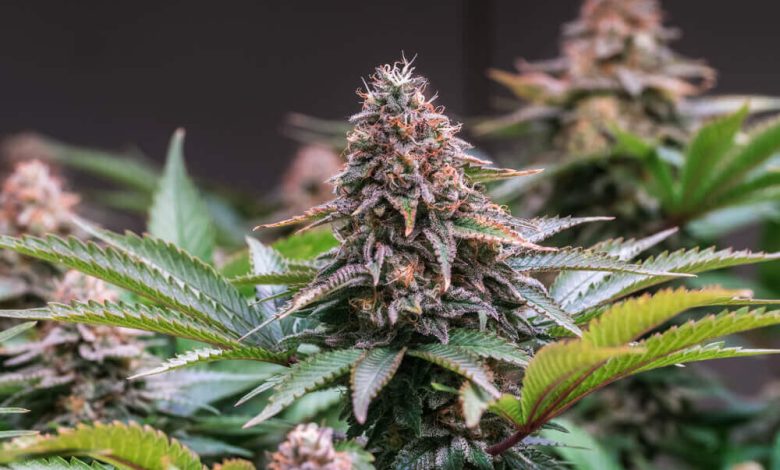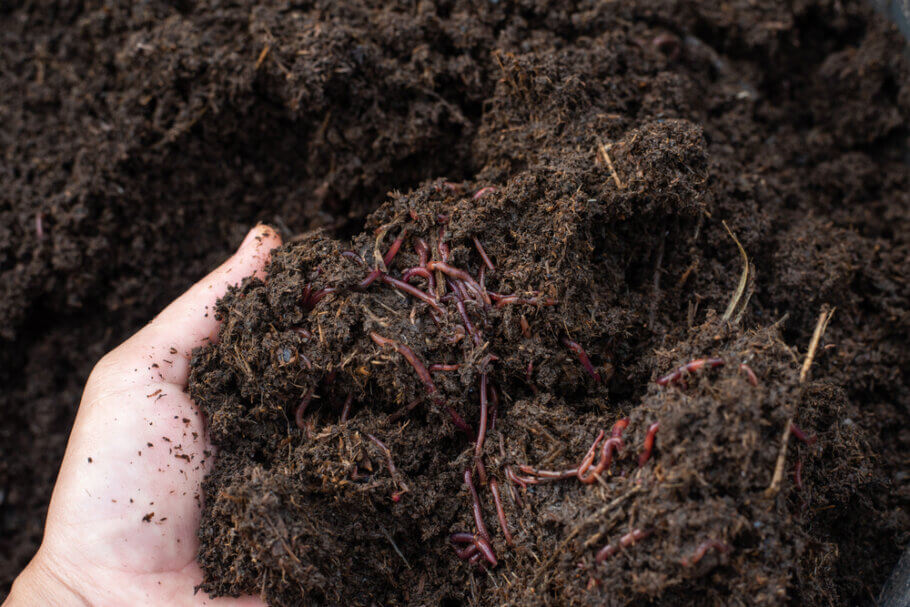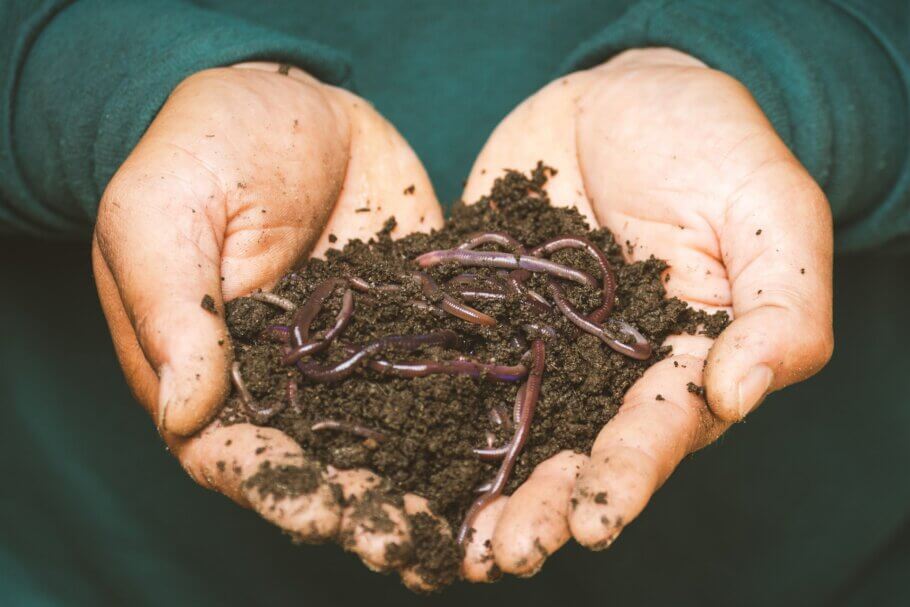Benefits of organic farming- Alchimia Grow Shop

In a world where sustainability and health are growing priorities, organic farming is more than ever a useful and necessary alternative. This practice not only promotes healthier foods and products but also protects our environment and improves soil quality, ensuring that subsequent crops will not be compromised in quality.
As the demand for organic products grows, it’s essential to understand what organic farming entails and why it’s a worthwhile option for both farmers and consumers. Today, we’ll tell you all about this farming method and its main advantages. Let’s go!
What is organic farming?
Organic farming is an agricultural system that avoids the use of synthetic chemicals, such as pesticides and artificial fertilizers. Instead, it relies on natural practices that promote soil health and biodiversity, such as crop rotation, composting, allelopathy, or the use of organic fertilizers and ecological pest control.
This approach seeks to maintain an ecological balance between the crop and its environment, fostering harmonious interactions between plants, animals, and microorganisms. Furthermore, organic farming respects natural cycles and minimizes environmental impact, contributing to long-term sustainability. Finally, and in the particular case of cannabis, it’s the way to achieve the best flavors and aromas in both buds and resin extractions, creating a rich and intense array of terpenes that allows you to discover the true potential of your plants.
Benefits of organic farming for plants, consumers, and the environment
As we’ve said, growing organically brings a number of significant benefits, from improved flavor and aroma to greater sustainability and a reduced environmental impact. Here are some of the main advantages of this technique:
For plants:
- Greater resistance to pests and diseases: A healthy and balanced soil strengthens plants’ natural defenses. For example, adding microbial life to the substrate significantly improves resistance to dreaded pests such as Fusarium and Pythium.
- Development of stronger root systems: Improves nutrient and water absorption, promoting vigorous growth and lush flowering.
For the consumer:
- Foods and products free of chemical residues: Reduces exposure to potentially harmful substances, as well as the need for root washing to prevent salt buildup in the substrate.
- Products with higher nutritional content and more intense flavor: In the vast majority of cases, the flavor and aroma of cannabis buds have better organoleptic qualities than when using mineral fertilizers, something that also influences the production of resin concentrates such as hashish or rosin.
For the environment:
- Reducing soil and water pollution: By avoiding the use of agrochemicals, soil fertility and the reproduction of microorganisms beneficial to plants are enhanced.
- Biodiversity conservation: Promotes natural habitats and sustainable agricultural practices that enhance the activity of microbial life and other plants that can have a positive impact on the crop, such as allelopathic plants or cover crops.

Organic farming and microbial life
Soil microbial life, or microlife, is fundamental to organic farming. Microorganisms, such as beneficial bacteria and fungi, play a crucial role in the decomposition of organic matter and the release of essential plant nutrients. They are also key players in the so-called soil food web. In other words, these organisms are responsible for “preparing” your plants’ food from the ingredients you’ve provided, i.e., fertilizers.
Furthermore, these microorganisms help improve soil structure, increasing its water retention and aeration capacity. Soil rich in microbial life is more fertile and resilient, which translates into healthier and more productive crops. Finally, and as we’ve already mentioned, the use of certain beneficial fungi greatly reduces the appearance of pathogenic fungi that attack roots and can destroy your plants in record time.
Living Soil: The Soul of Organic Growing
The concept of Living Soil is an evolution of the traditional organic approach. It’s not just about avoiding chemicals, but about creating a self-sustaining underground ecosystem rich in microbial life, organic matter, and beneficial organisms such as earthworms, mycorrhizae, and nematodes. Furthermore, properly prepared soil allows you to use only water for irrigation, with the advantages this brings in terms of convenience and sustainability.
Living soil nourishes and regenerates itself, reducing the need for external fertilizers. Furthermore, this type of soil improves water retention, enhances biodiversity, and promotes the development of healthier, more resilient plants. In short, Living Soil is the most sophisticated and natural version of organic farming. You’ll find all the information you need about this interesting technique in the following post:
Living soil, what is it and how to prepare it?
Living soil is a cultivation system that has seen its number of fans multiply in recent years all over the world. In addition to being especially respectful of the environment by reducing the use of fertilizers and pesticides, this method offers you plants with top-level organoleptic properties. Today we will tell you what exactly living soil is and how you can prepare it and start enjoying its advantages.
How to use organic fertilizers
The proper use of organic fertilizers is key to achieving the best results. There are different types of fertilizers, and their application depends on the type of crop, the stage of growth, and the characteristics of the soil.
Types of fertilizers
You’ll find two main types of organic fertilizers: liquid and solid. Both are equally effective, so choosing one or the other largely depends on your preferences. If you’re preparing organic living soil or super soil, we recommend solid fertilizers. If you want complete control over the nutrients supplied with each watering, liquid fertilizers are the best option.
- Liquid organic fertilizers: They dissolve easily in irrigation water and are ideal for applying nutrients quickly and efficiently. Recommended during active growth or flowering phases, as well as for many additives, which are often found in this format.
- Solid or granulated organic fertilizers: These are applied directly to the soil and release nutrients slowly and steadily. They are excellent for enriching the substrate at the beginning of the crop or as a nutrient base. They also allow you to water with just water for weeks, without having to worry about preparing nutrient solutions with liquid fertilizers. If during the crop you notice any nutrient deficiencies that need to be corrected quickly, you can always use liquid fertilizer during a few waterings to solve the problem in a few days.
Frequency of use
- Most liquid organic fertilizers are applied once a week during the growth and flowering phase, adjusting the dosage according to the plants’ response. If you notice deficiencies in a nutrient, you can increase the concentration of fertilizer when you water, or increase the frequency of application (for example, fertilizing twice a week instead of just once).
- Solid fertilizers are usually applied at the beginning of the growing cycle or as a monthly boost. Occasionally, at the start of flowering, you may want to add a specific solid nutrient to improve bud development during this important stage.
Key tip:
When it comes to fertilizers, it’s always better to underfeed than overfeed. Although organic fertilizers are less aggressive than chemical fertilizers, too much can unbalance the soil and cause visible symptoms in your plants, such as dark green, claw-shaped leaves. Monitor your plants and adjust the dosage and frequency of feeding according to their needs.

Main brands of organic fertilizers
There are several brands on the market offering high-quality organic fertilizers. Some of the most recognized, which you can find in our catalog, are:
- Biobizz: Specializing in 100% certified organic fertilizers and substrates, Biobizz is a leading brand in organic and sustainable agriculture.
- Canna (BIOCANNA line): This 100% organic product line is specially developed for soil cultivation. BIOCANNA fertilizers are certified organic and contain no animal residue, ensuring clean and sustainable cultivation.
- Plagron: Offers a range of certified organic fertilizers, such as Alga Grow and Alga Bloom, made from algae extracts and other natural ingredients.
- Guanokalong: Famous for its bat guano-based fertilizers, a rich, natural source of phosphorus and other essential nutrients. You’ll find Guanokalong products in both liquid and solid forms.
- Biotabs: Known for its solid fertilizer tablet system, Biotabs offers practical and efficient solutions for long-term organic growing. Biotabs also offers a range of liquid additives to help you get the most out of your plants.
These brands have been selected for their commitment to quality and sustainability, offering effective options for those seeking more responsible farming practices.
Tips and advice on organic farming
If you’re interested in exploring this method further, here are a few techniques you can use to further improve the efficiency of your crop :
- Crop rotation: Alternating different types of plants in the same field helps prevent disease and improves soil health.
- Composting: Using organic waste to make compost enriches the soil with essential nutrients.
- Biological pest control: Encouraging the presence of beneficial insects, such as ladybugs and bees, helps maintain ecosystem balance and control pests naturally.
- Use of organic fertilizers and additives: Applying natural fertilizers and supplements improves soil fertility without the negative effects of synthetic chemicals. And remember: more isn’t always better, so be sure to never exceed the manufacturer’s recommended dosage.
- Monitoring Soil pH: Maintaining proper pH is crucial for plant nutrient uptake. For example, if you notice nutrient deficiencies or poor growth during the first few weeks of growing, it’s likely more of a pH issue than a nutrient deficiency. Many growers add dolomite to adjust soil pH and prevent future problems.
Vermicompost: what it is and how to prepare it
Vermicompost is a 100% organic fertilizer obtained from the decomposition of organic matter by red worms. Its high quality as a fertilizer and soil improver makes it a wonderful ally whether in the garden, in the orchard, or in the field. Today we will tell you what it is, how it is produced, and what its main uses and characteristics are.
As you can see, organic farming represents a viable and beneficial alternative to conventional agriculture, where mineral fertilizers are often overused. By focusing on sustainable and environmentally friendly practices, you not only obtain healthier and higher-quality products but you also contribute to the conservation of natural resources and biodiversity.
Adopting organic farming is a step toward a more sustainable future, where the health of the planet and its inhabitants is a priority, and without compromising the quality or quantity of the product you’ll get, whether we’re talking about tasty tomatoes or aromatic buds. At least we’re very clear about that!
Happy harvest!






